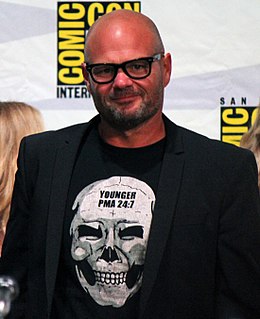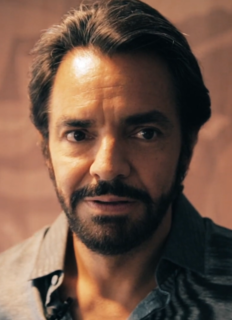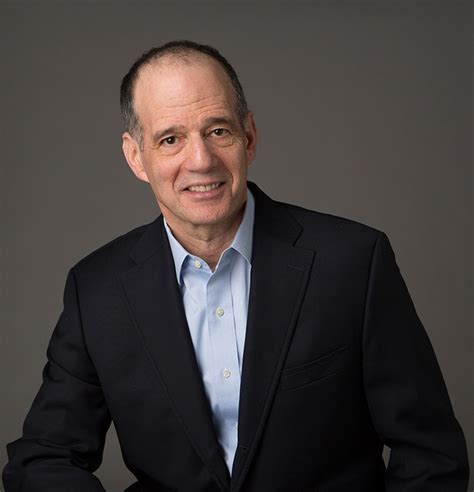A Quote by Marcia Clark
I don't think any prosecutor should walk into a courtroom and think they're going to wow a jury with catchphrases and cliches and that kind of performance.
Related Quotes
I got jury duty and I didn't want to go, so my friend said, "You should write something really really racist on the form when you return it. Like, you should put 'I hate chinks'." And I said, "I'm not going to put that on there just to get out of jury duty. I don't want people to think that about me." So instead I wrote, "I love chinks." And who doesn't?
I agree with Scott Turow: A courtroom is inherently dramatic. You walk into court - it's like an ER, you know? Life and death is going on there. And it's moment-by-moment, and it's packed with energy. And even though you think you know what a witness is going to say, you can be wrong. Witnesses surprise you.
A man who does not think for himself does not think at all. It is grossly selfish to require of one's neighbour that he should think in the same way, and hold the same opinions. Why should he? If he can think, he will probably think differently. If he cannot think, it is monstrous to require thought of any kind from him.
Beware of clichés. Not just the clichés that Martin Amis is at war with. There are clichés of response as well as expression. There are clichés of observation and of thought - even of conception. Many novels, even quite a few adequately written ones, are clichés of form which conform to clichés of expectation.
Let’s think of reverence as awe, as presence in and openness to the world…Try walking around with a child who’s going, ‘Wow, wow! Look at that dirty dog! Look at that burned-down house! Look at that red sky!’ And the child points, and you look, and you see, and you start going, ‘Wow! Look at that huge crazy hedge! Look at that teeny little baby! Look at the scary dark cloud!’ I think this is how we are supposed to be in the world – present and in awe.
I don't think there's any evidence to support that kind of criticism. I think that what
we have attempted to do is to say that environmental concerns should certainly be addressed. We're not suggesting that any kind of development trample upon the existing laws that are there to insure that we maintain as high a quality of environment as possible.
I've worked with actors before where I was like, this is not working, and then I've seen their work on the screen and I've been like, Wow, that was a really great performance. Because there are a lot of elements with film. It's not like stage. It's not a kind of performance art anymore; it's a highly tuned kind of collaboration - a symphony.



































